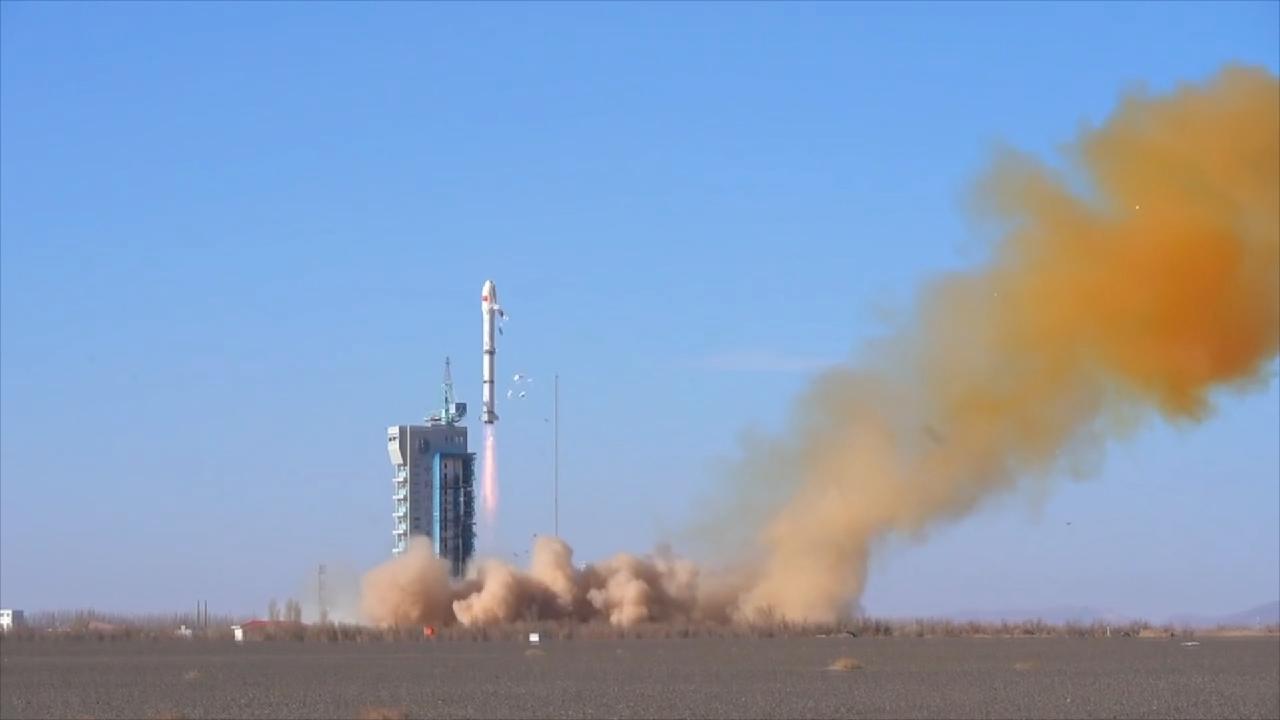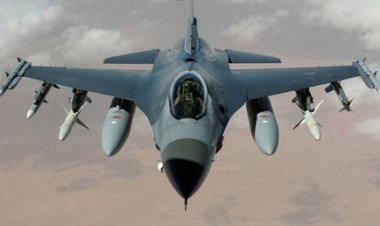China-Africa Space Collaboration Aids Populations Throughout the Continent
The Egyptian satellite MISRSAT-2, which is a high-resolution optical remote-sensing satellite, has been operating at an altitude exceeding 600 kilometers above the Earth. This satellite offers the North African nation valuable services, including resource surveys, environmental disaster monitoring and assessment, urban planning, and crop growth evaluation for both agriculture and forestry.

In December 2023, Egypt launched MISRSAT-2 from a site in China. This satellite was assembled and tested at the AIT center in Egypt, which was established with China's assistance. This development marked Egypt as the first African nation to possess a full satellite AIT capability.
The cooperation between China and Egypt illustrates the success of the China-Africa collaboration in space, having led to significant achievements in exporting satellites and fostering resource sharing, exchange of space technology, and development of infrastructure in the space sector.
Historically, China has been instrumental in launching several satellites for Africa, including two for Nigeria in 2007 and 2011, a communications satellite for Algeria in 2017, a cube satellite for Ethiopia and a scientific experimental satellite for Sudan, both in 2019, along with Egypt’s MISRSAT-2 in 2023.
Highlighting the impact of these collaborations, in 2017, China launched Alcomsat-1, Algeria's inaugural communications satellite, which now enables services in broadcasting, television, broadband, as well as mobile and emergency communications. Alcomsat-1 is so integral to Algerian pride that its likeness appears on the 500 Dinar banknote.
A strategic direction set during the 8th Ministerial Conference of the Forum on China-Africa Cooperation (FOCAC) in Dakar, Senegal in November 2021, entails an active pursuit under the FOCAC framework to establish a China-Africa space cooperation sub-forum. This endeavor aims to boost projects linked to satellite remote sensing and communication satellites, potentially accelerating space industry development within African nations.
The vast network of satellites and ground stations situated across Africa has greatly enriched local life by advancing the continent’s space industry capabilities. For instance, the BeiDou Navigation Satellite System (BDS) has found extensive application throughout sectors such as agriculture, urban planning, infrastructure development, and traffic management in Africa.
Highlighted during the first China-Africa BDS Cooperation Forum in November 2021 in Beijing, both parties committed to deepening their collaboration on BDS, among other technologies.
In practical terms, BDS technology enhances agricultural practices in Xai-Xai city, Mozambique, where local farmers employ BDS-powered drones for seeding, pesticide spraying, and field surveying—efforts that outpace traditional methods in both scope and timeliness. "The precise agriculture model of 'BDS plus drones' is a beneficial attempt in the agricultural technology cooperation between China and Mozambique. Chinese agricultural technology has made an important contribution to Mozambique’s food security," stated Danilo Latifo, director of the agriculture department in Gaza Province.
In Burkina Faso, a recently constructed hospital utilized BDS high-precision services for expedient surveying and mapping, significantly shortening the overall construction timeline.
Beyond hardware and technology provision, China is committed to building the capabilities of African personnel, thereby fortifying the continent’s future in the space sector. An educational program held in early August in China, brought together 36 young professionals from the developing world, including nations like Egypt, Ethiopia, and Rwanda, to deepen their understanding in various tech domains related to the space industry.
The program took place under the auspices of the China Academy of Launch Vehicle Technology, part of the China Aerospace Science and Technology Corporation. "Recently, China and Egypt are carrying out cooperative projects related to the Chang'e-7 mission. It's very meaningful for me to learn something here," said Shimaa Soultan, a satellite payload test engineer from the Egyptian Space Agency, and one of the attendees.
The dialogues and information exchanges continue to inspire younger generations in Africa towards space science careers. For instance, a noteworthy event, "Talk with Taikonauts," held on September 6, 2022, featured three taikonauts from China’s Shenzhou-14 crew who engaged with African students through a live video session, sharing insights from their mission.
China’s dedication extends to academia, providing scholarships since 2014 to students from several African countries for advanced studies in remote sensing, satellite communications, and small satellite technologies. Moreover, it collaborates with universities and research institutions across countries like Egypt, Algeria, Nigeria, Tunisia, Cameroon, and Morocco to foster science and technology innovations in space.
Anna Muller for TROIB News
Discover more Science and Technology news updates in TROIB Sci-Tech












